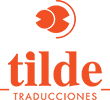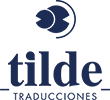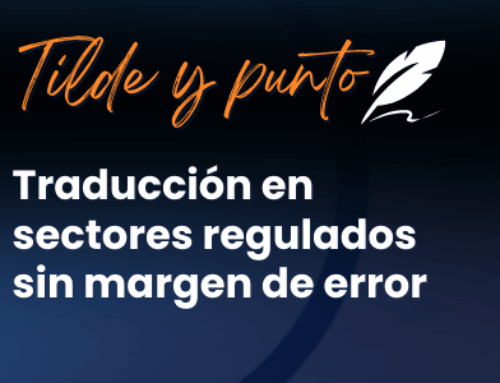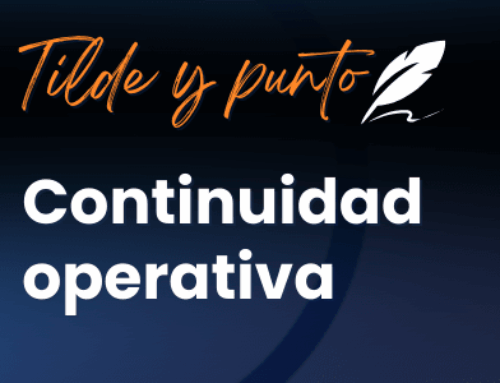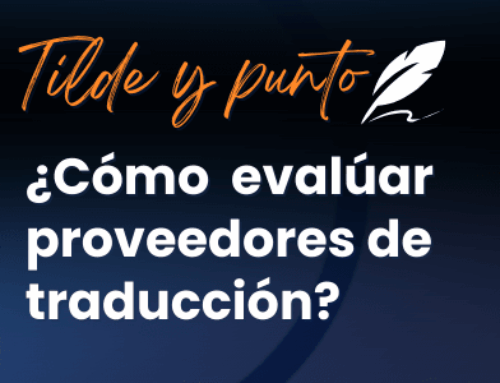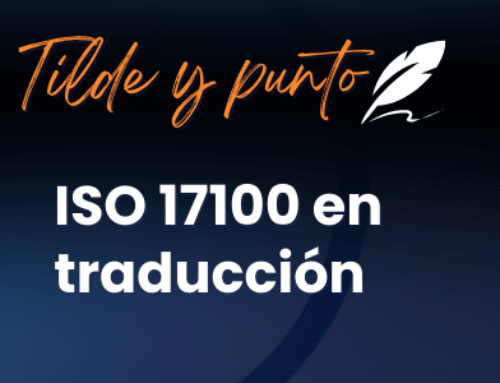Professional Translation in the Age of AI: Risks, Opportunities, and Strategies
The rapid evolution of artificial intelligence (AI) is transforming professional translation at an unprecedented pace. Models like ChatGPT, Gemini, and Claude have brought machine translation to new levels of quality, and AI is becoming an integral part of corporate translation workflows. However, this shift is not an immediate threat to professional translators, but rather a moment that demands strategy, specialization, and a forward-looking vision.
At Tilde, we see a dual landscape: risks exist for those who do not adapt, while new opportunities arise for those who evolve their value proposition. This article explores both sides and offers practical strategies to help translators remain relevant and thrive in a market being redefined by AI.
The Current Context: Accelerated Transformation
AI adoption in translation is driven by cost reduction pressures, faster delivery requirements, and wider access to advanced technology. According to a 2024 CSA Research report, 43% of multinational companies incorporate machine translation into their workflows. Additionally, 56% of freelance translators report clients asking for revisions of AI-generated translations rather than initial translations.
In regulated sectors like medical devices, pharmaceuticals, and semiconductors, AI adoption is stronger, but expert human review remains essential to guarantee accuracy, compliance, and safety. The message is clear: companies seek efficiency, but quality remains non-negotiable. Translators who integrate into this evolving workflow gain a significant competitive advantage.
Risks for Translators in the AI Era
Certain types of projects, especially simple or low-impact translations, are increasingly automated, putting pressure on rates and reducing demand. Furthermore, when clients assume that “anyone can translate with AI,” negotiations about deadlines and fees become more challenging, leading to the undervaluation of expert work.
Global competition also intensifies, as AI allows translators from lower-cost markets to compete internationally. Without clear specialization, translators may struggle to maintain their market position.
Opportunities Opened by AI
AI also creates considerable opportunities. Growing areas include strategic review, linguistic auditing, and especially post-editing of machine translations. In critical industries where errors can have serious consequences, human expertise in post-editing is invaluable.
Expertise in specialized fields such as medical devices, legal, pharmaceuticals, and engineering is increasingly important. A 2024 Slator report estimates a 22% annual growth in demand for human review in regulated sectors. This has led to the emergence of the consultant translator, a professional who advises clients on managing multilingual workflows, optimizing AI integration, and ensuring regulatory compliance.
Strategies to Stay Relevant and Competitive
Translators must act quickly to adapt. Continuous training in AI tools, post-editing, and data management enhances their professional value. Defining a specialization allows translators to distinguish themselves in areas where human judgment and precision remain irreplaceable.
Building strategic alliances with translation companies, colleagues, or multidisciplinary teams expands reach and strengthens market position. Mastery of regulatory frameworks, including ISO, FDA, EMA, or MDR standards, provides a competitive edge difficult to match.
The Future Translator’s Role
AI has changed the industry’s landscape but the need for human judgment remains critical. Translators who thoroughly understand their clients’ contexts, risks, and goals will become strategic partners rather than replaceable providers.
Failure to adapt may mean obsolescence, but those who blend technology with linguistic expertise and regulatory knowledge will lead the next phase of the profession.
